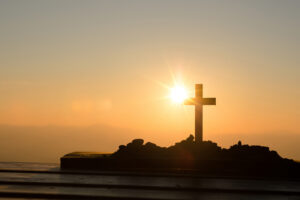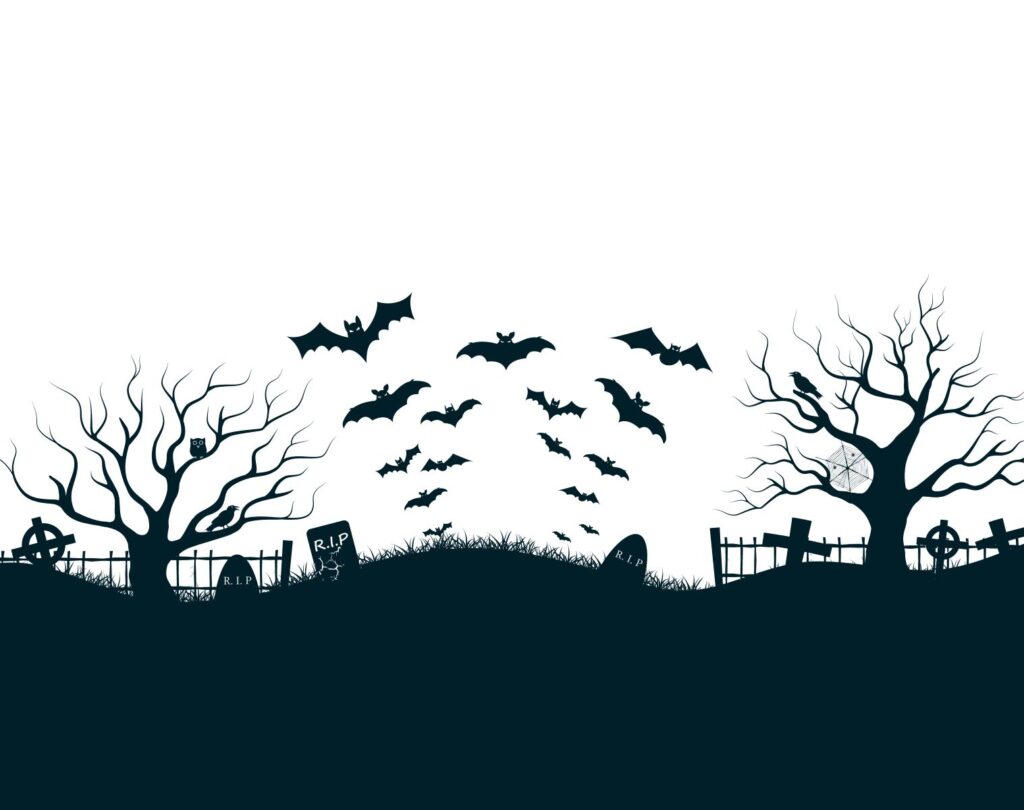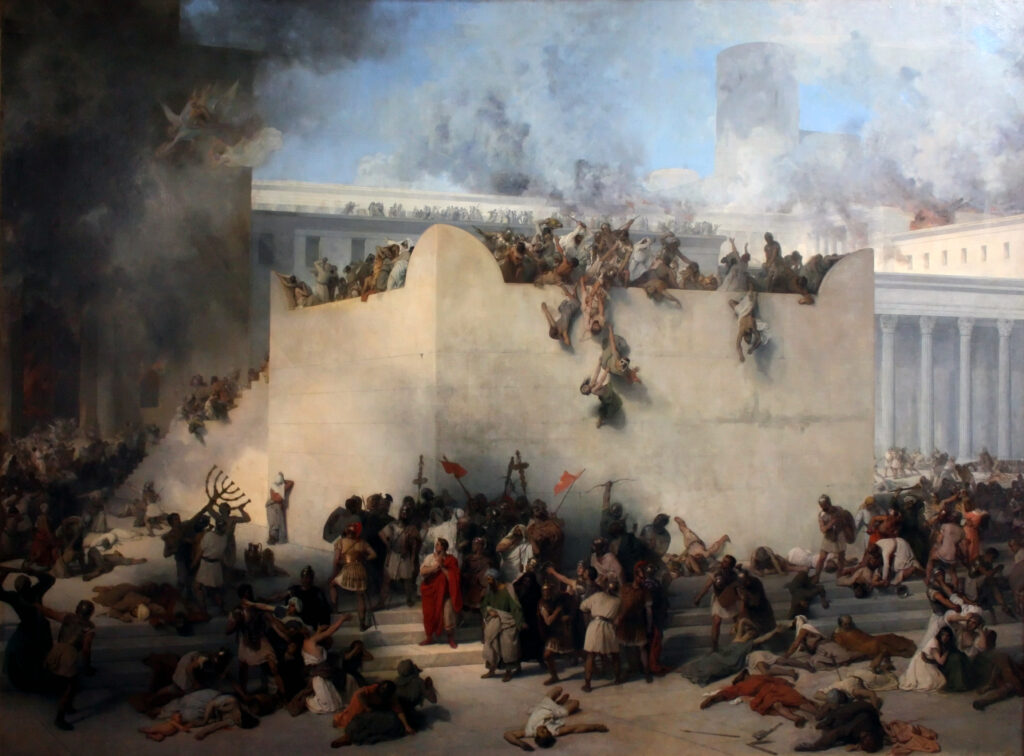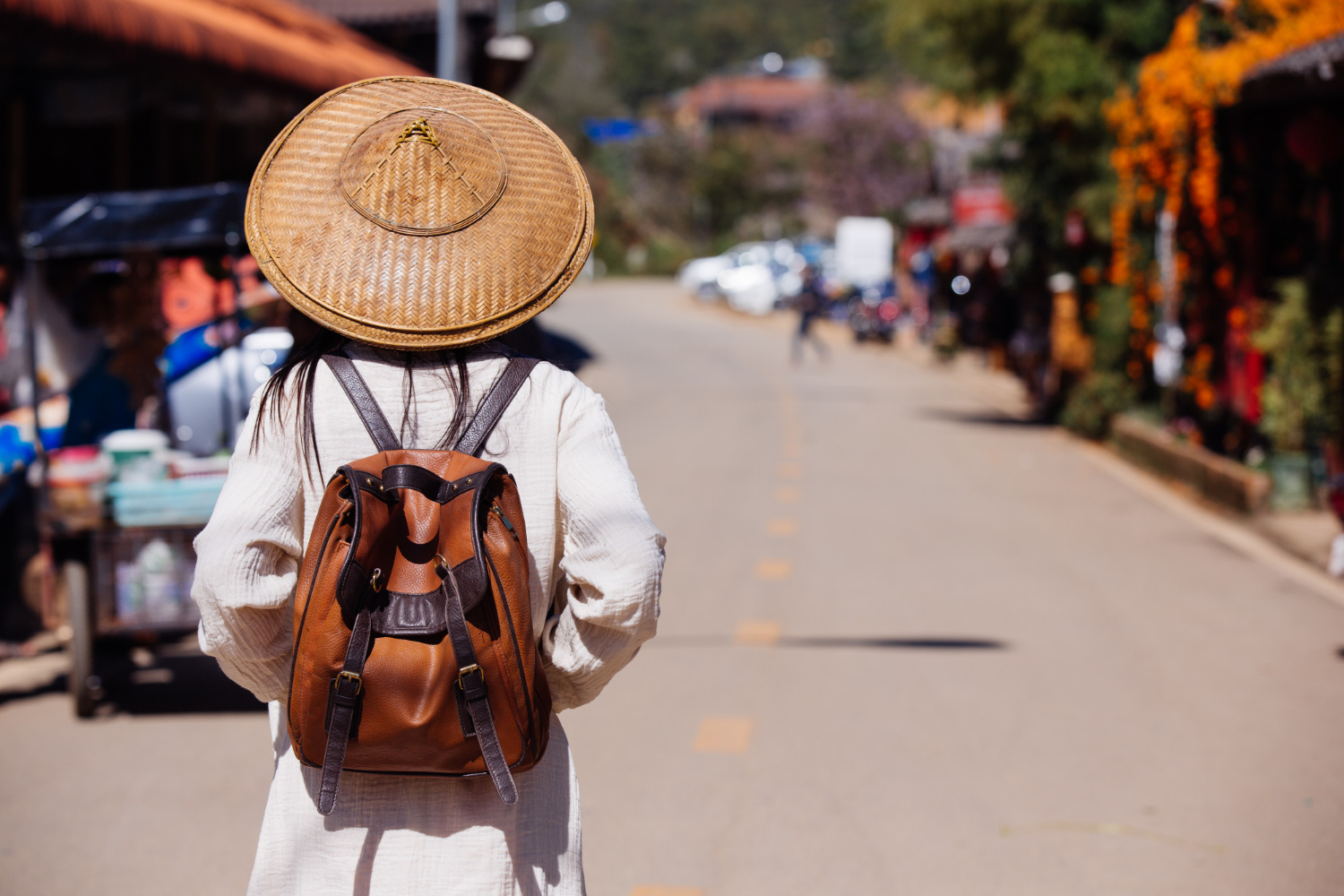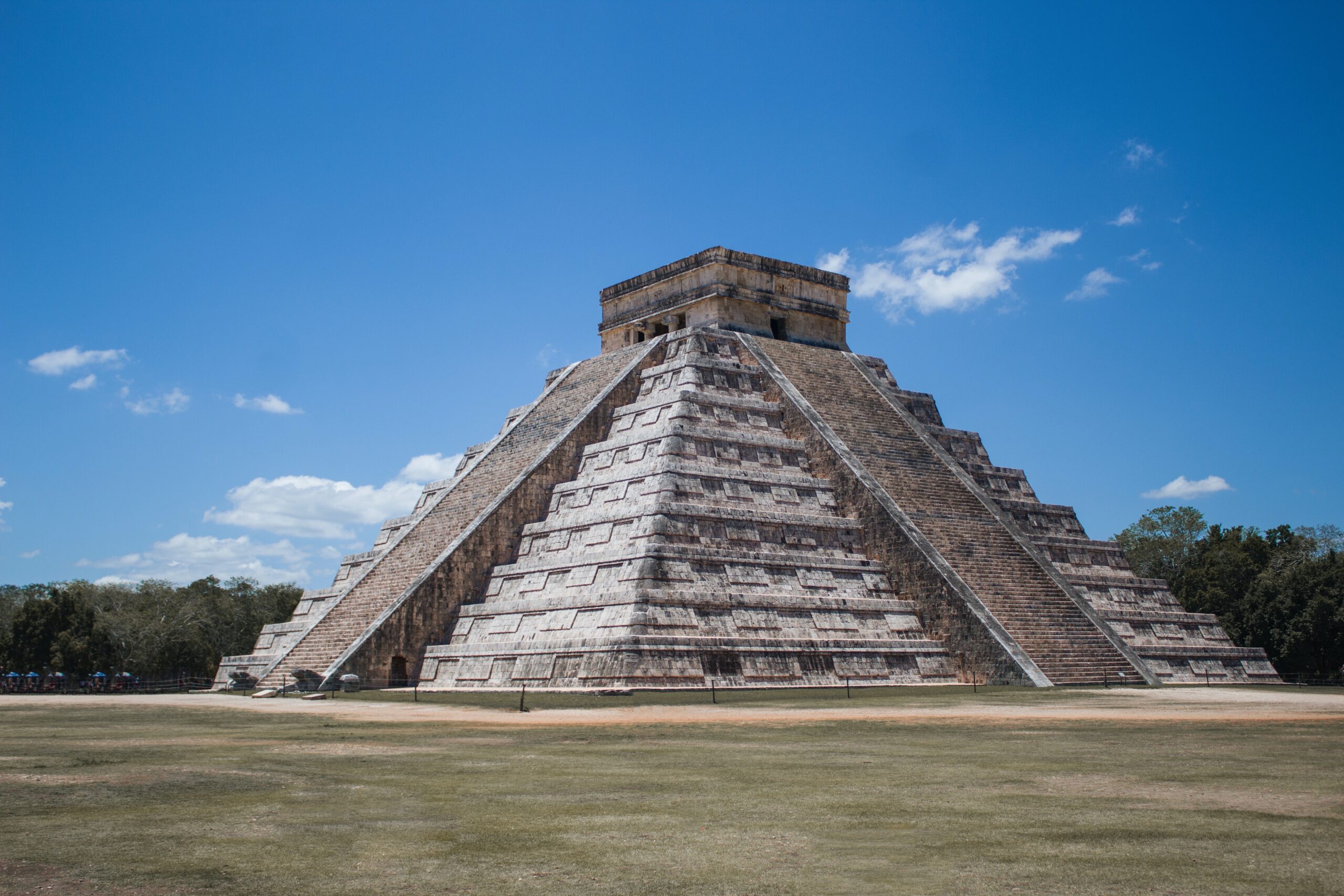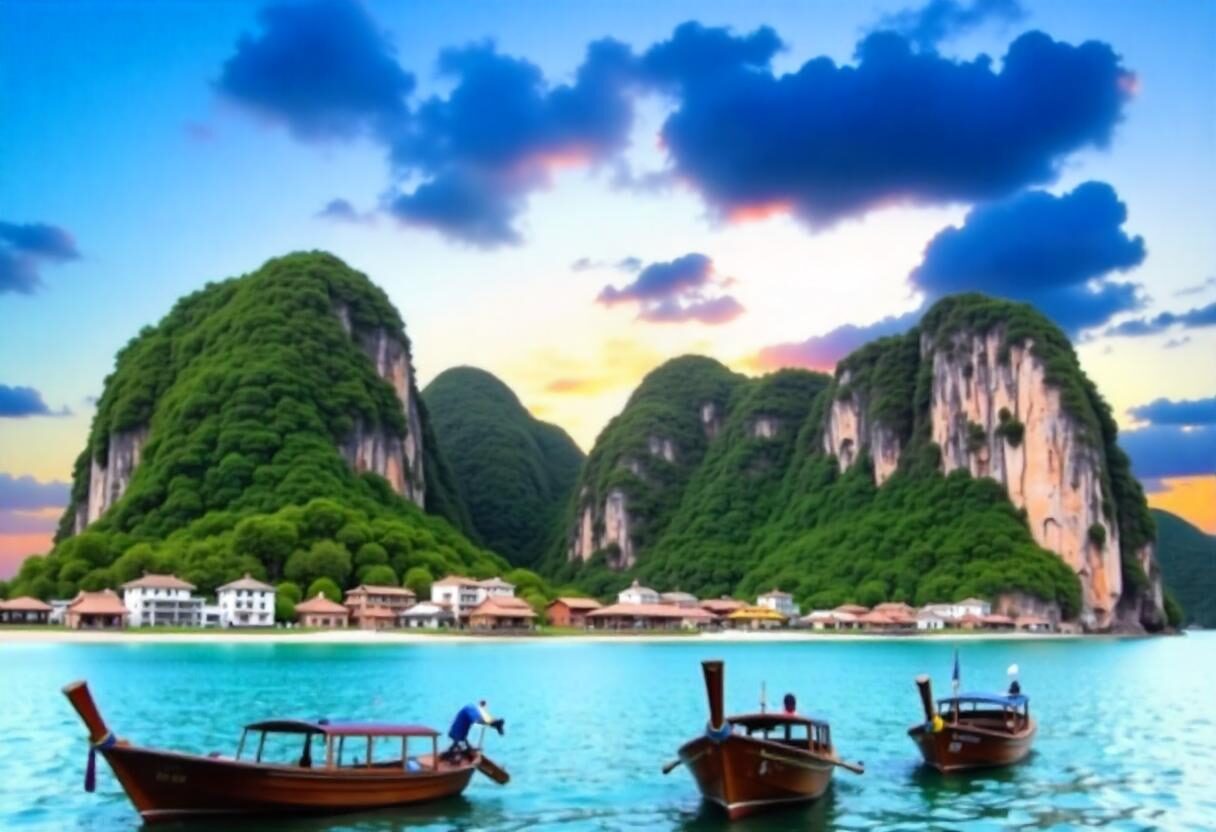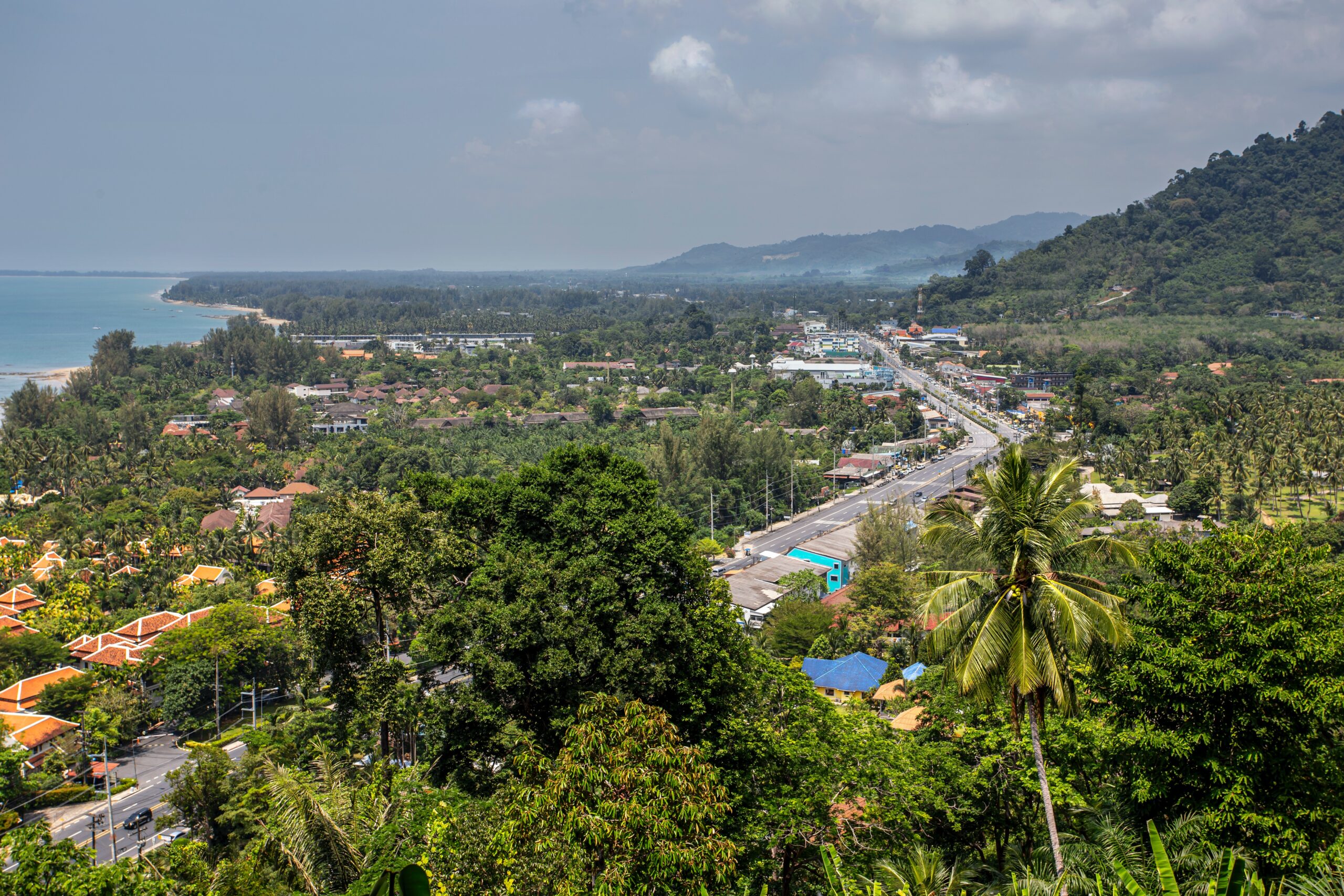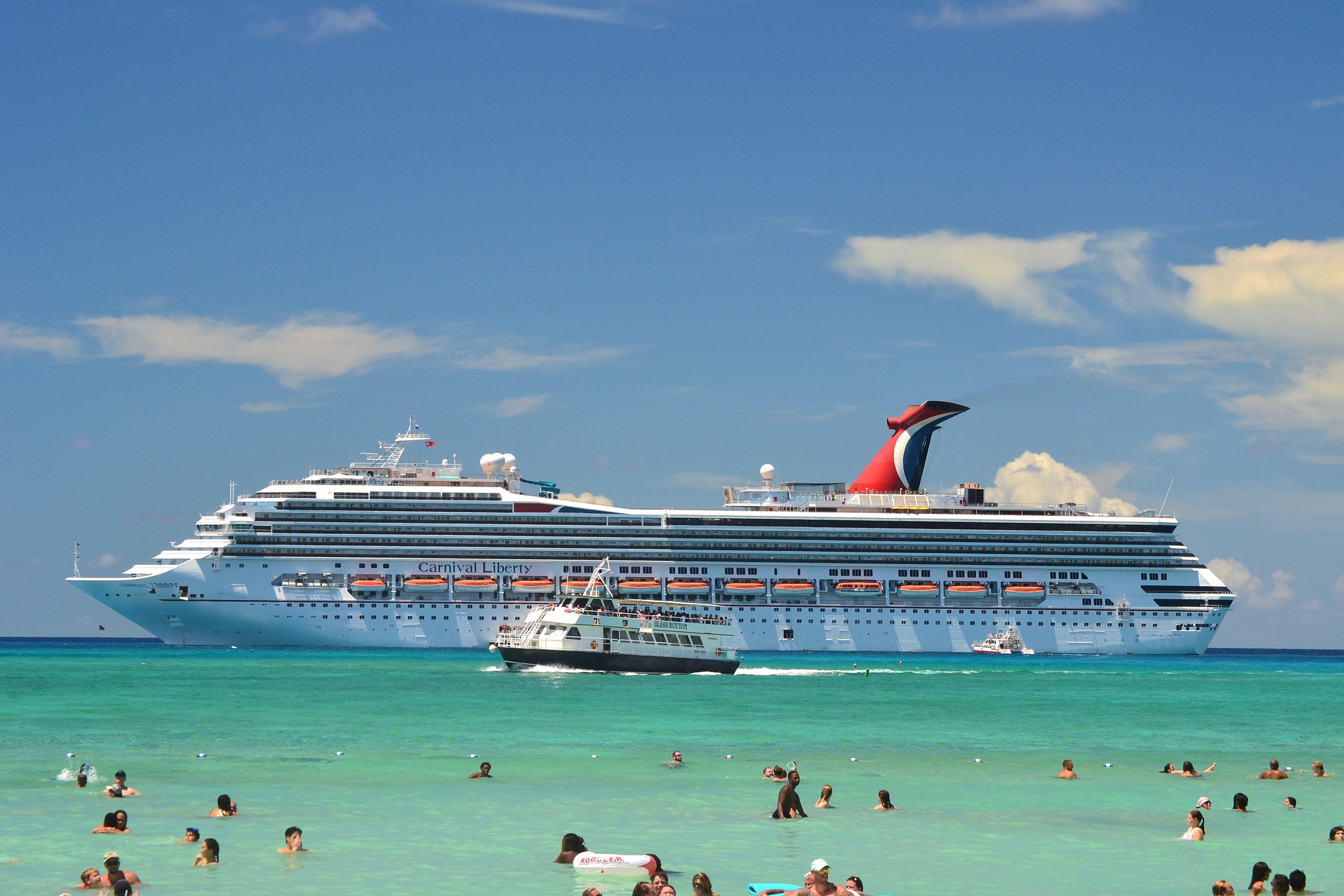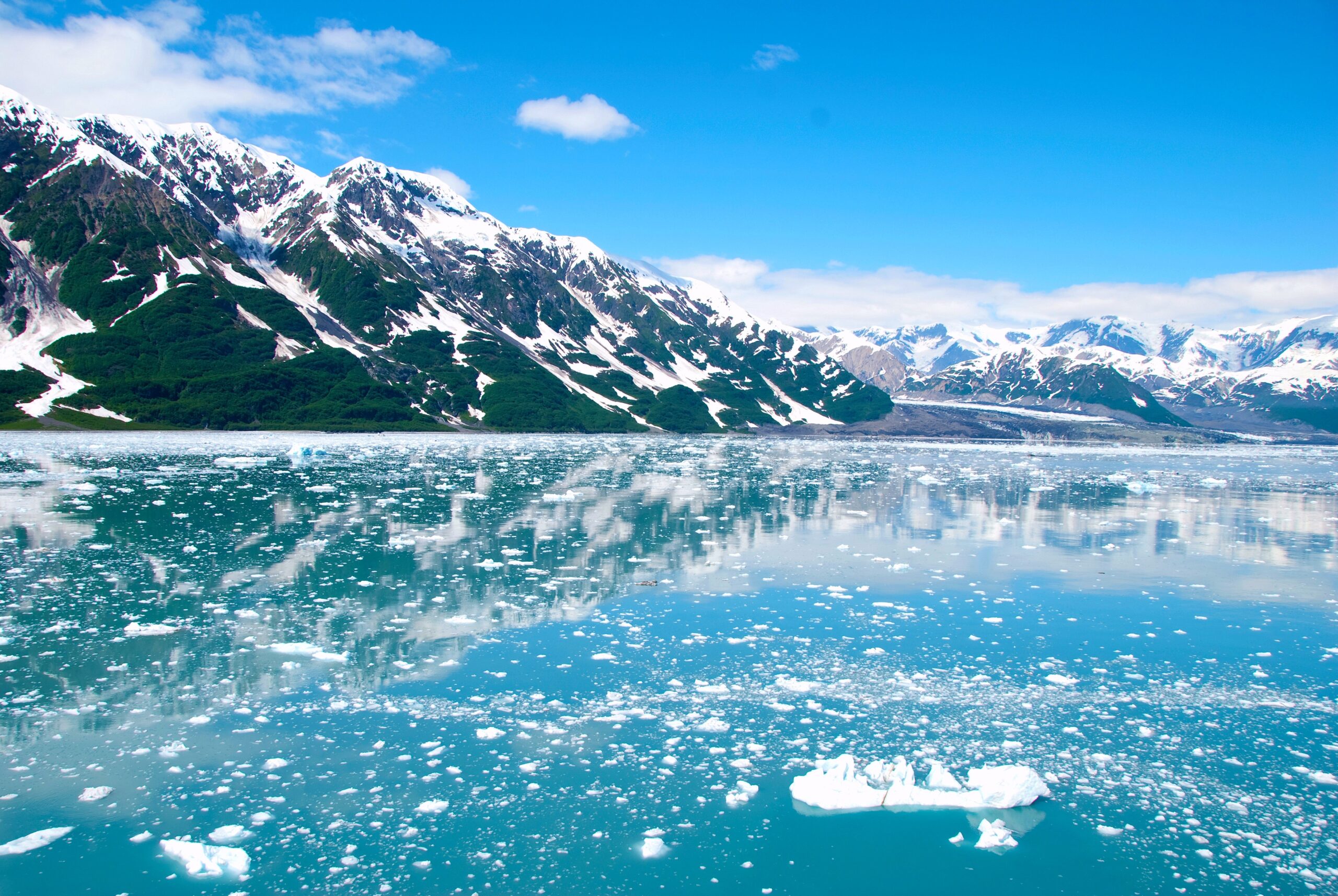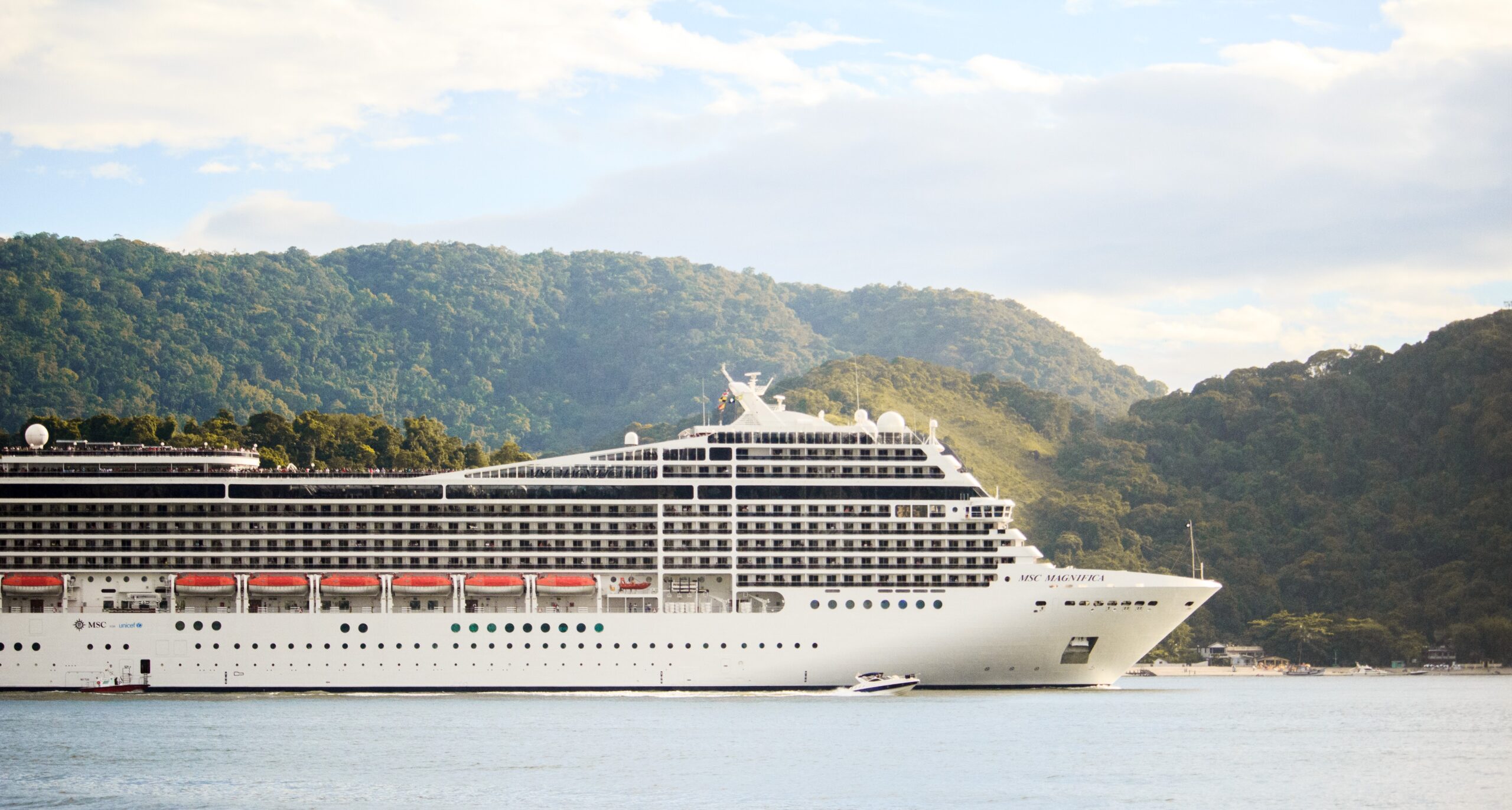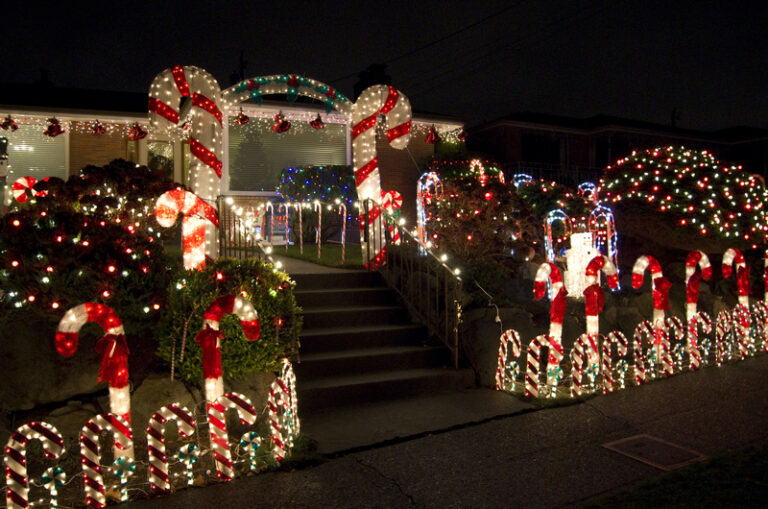Tisha B’Av is a feast celebrated annually. It takes place on the ninth day of the month of Av on the Jewish calendar, which is in July or August. The holiday is also referred to as the Jewish Fast of Av. When the day falls on a Sabbath, observance is moved to the next day. The feast lasts from sunset before Tisha B’Av until sunset the next day.
This commemoration honors two temples that were destroyed in Jerusalem 655 apart on this day. It also has a broader encompassing of commemorating all Jewish tragedies, including the 1492 expulsion from Spain as a result of the Reconquista.
Jewish observers restrict certain practices during Tisha B’Av. They may fast, avoid wearing leather shoes and bathing, rest, and refrain from sexual activity. Only certain sections of the Torah can be read, usually Lamentations and other parts with mourning themes. Scented creams or oils are restricted. Some traditional groups may even restrict laughter, any sort of physical affection, and smiling, or may bury their Torah. The reason for these restrictions is to regard the day with solemnity, which is why weddings are usually forbidden. Jewish centers or schools may be closed on this day.
Other customs include sitting on the floor or to use stools and chairs that are close to the floor and then to sleep on the floor, perhaps without pillows or blankets.
History
The feast marks observance of the destruction of the First and Second Temples of Jerusalem along with other Jewish tragedies, ancient and modern. Certain tragedies are referred to as the five calamities. These all took place on the ninth day on the month of Av. The first was when Moses sent twelve spies into Canaan. Three of the five spies came back complaining about the land while the other two, Caleb and Joshua, spoke of it positively. This resulted in an outcry from the Jewish people, who had left Egypt in the hopes of entering the Promised Land. God punished the Israelites for their lack of faith by banishing them from entering the holy land and ordered to wander in the desert for 40 years.
The Babylonians destroyed the first temple in 586 BC under Nebuchadnezzar’s leadership. The Jews were forced into exile by the Babylonians. The First temple was built by King Solomon. The Romans destroyed the Second Temple. In 70 AD, the Jewish people were again forced exile. The Second Temple had been built by Ezra and Nehemiah.
The fourth calamity was the failure of the Bar Kokhba revolt in 132, which left the city of Betar. Over 100,000 Jews died. The last of the calamities in 133 was when the sites of the temples were plowed over by Turnus Rufus, a Roman commander.
However, any great tragedy can be honored on the holiday, even those that did not occur on the ninth day of Av. This includes the expulsion of Jews from several different countries, including Spain, France, and England, which occurred during the 13th-15th centuries. The First Crusade starting in 1096 resulted in the deaths of 1.2 million Jews who were living in France and Rhineland.
Some observers may include mourning of the six million Jews that were killed during the mass genocide of the race by the Nazi Party during the Holocaust. More than 60% of the Jews in Europe were killed, some escaping to North American or other havens. The persecuted were kept in crowded, dirty ghettos before the Nazis brought them to concentration camps, the purpose of which was to exterminate the Jews in large numbers via gas chambers or other killing methods. Prisoners were also forced into labor and medical experiments—as subjects. These camps were the first mass-murder institutions of their kind, as genocides typically are not so organized and systematic. Camps existed in Auschwitz, Chelmno, Treblinka, Sobibor, Maly Trostenets, Majdanek, Jasenovac, and Belzec. Many deaths resulted from the camps’ harsh conditions, including disease and starvation.
Majdanek was the first camp to be liberated, found by the Soviets in July of 1944, followed by Chelmno and Auschwitz. All except Treblinka, Sobibor, and Belzec were eventually liberated, as these were closed by the Nazis prior to this liberation period. The soldiers were horrified at the camps’ conditions, making any lingering S.S. guards bury any bodies left above ground.
